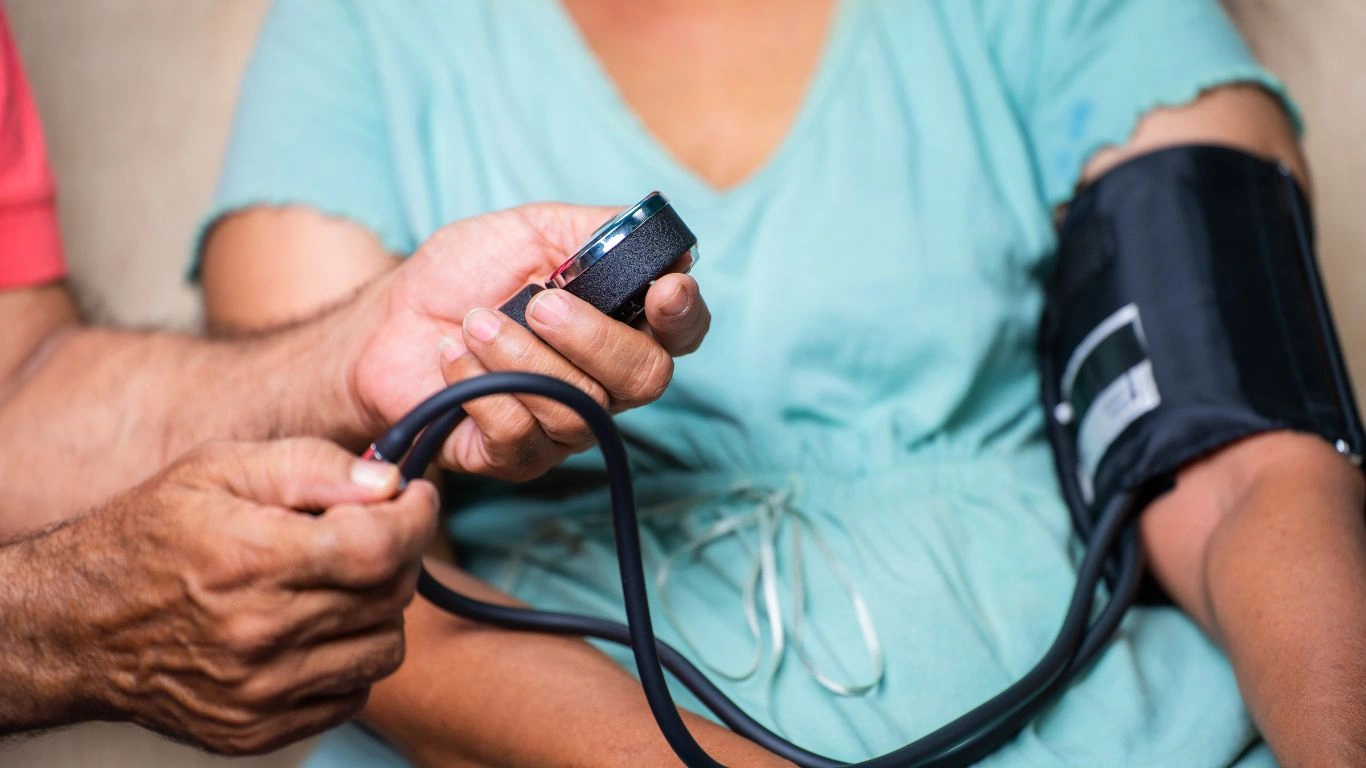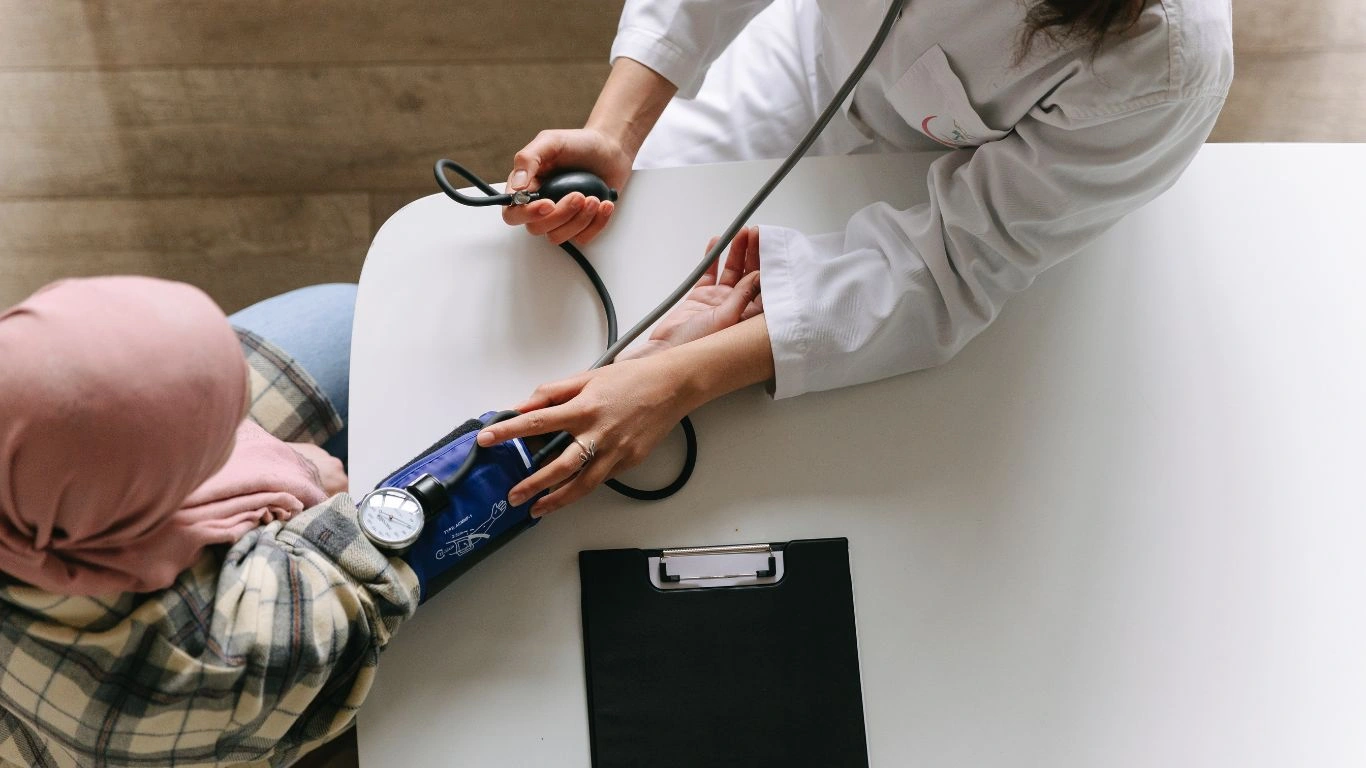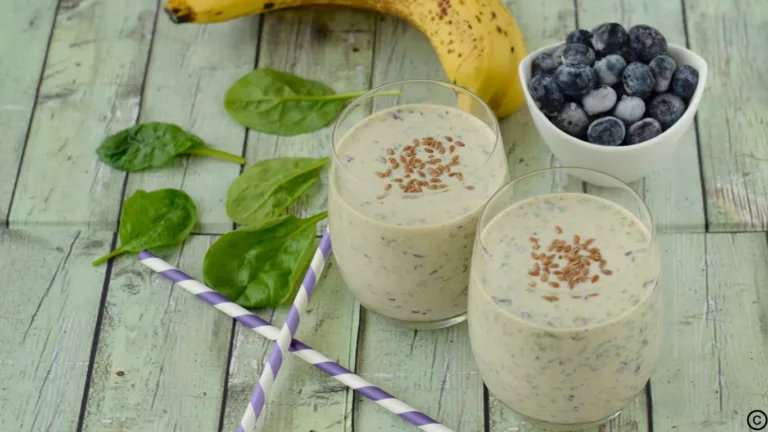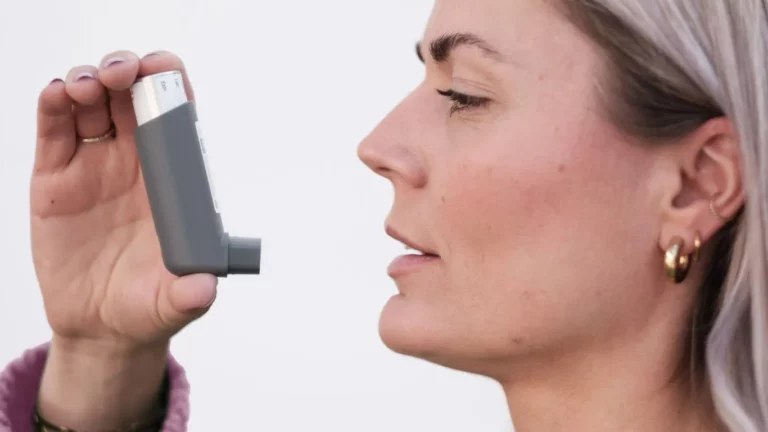Benefits of Flaxseeds for Hypertension
Curious if a tiny seed can help lower blood pressure? Yep, flaxseeds are packed with nutrients that might be your heart’s new best friend. Let’s dive into how these super seeds can make a difference for hypertension.

What Are Flaxseeds?
Flaxseeds are small, brown or golden seeds that have been around for centuries. They’re often hailed as a superfood, thanks to their impressive nutritional profile. These little powerhouses are rich in:
- Omega-3 fatty acids
- Fiber (both soluble and insoluble)
- Lignans, a type of plant compound with antioxidant properties

With their combination of healthy fats, fiber, and antioxidants, flaxseeds are a go-to for anyone looking to improve their overall health—and they’re especially beneficial for managing hypertension.
How Do Flaxseeds Help with Hypertension?
1. Rich in Omega-3 Fatty Acids
Omega-3s are known for their heart-protective effects. The alpha-linolenic acid (ALA) in flaxseeds helps reduce inflammation and improve blood vessel function, which can lower blood pressure over time.
2. High in Fiber
Flaxseeds’ fiber content plays a crucial role in regulating blood pressure. Soluble fiber helps reduce cholesterol levels, which can improve overall heart health, while insoluble fiber supports better digestion and weight management.
3. Antioxidant Power
Lignans, the antioxidants found in flaxseeds, may help reduce oxidative stress, a condition that’s linked to high blood pressure and other cardiovascular issues.
4. Natural Blood Pressure-Lowering Effect
Studies have shown that consuming flaxseeds regularly can lead to a significant reduction in both systolic and diastolic blood pressure. This effect is thought to be due to the combined benefits of omega-3s, fiber, and lignans.

How to Add Flaxseeds to Your Diet
1. Ground Flaxseeds in Smoothies
Add a tablespoon of ground flaxseeds to your morning smoothie for a nutrient boost. They blend in easily and don’t affect the flavor much.
2. Sprinkle on Oatmeal or Yogurt
Sprinkling flaxseeds on top of oatmeal or yogurt is a quick and easy way to enjoy their benefits.
3. Bake into Goods
You can add flaxseeds to muffins, bread, or pancakes. Just substitute a portion of the flour with ground flaxseeds.
4. Use as an Egg Substitute
Mix one tablespoon of ground flaxseeds with three tablespoons of water and let it sit for a few minutes. This “flax egg” works as a vegan-friendly egg replacement in baking.
5. Include in Salads
Sprinkle whole or ground flaxseeds on your salads for an extra crunch and a dose of nutrients.

FAQs
- How much flaxseed should I consume daily for hypertension?
Aim for 1-2 tablespoons of ground flaxseeds daily. Consult your doctor if you’re on medication or have dietary restrictions. - Can flaxseeds interact with blood pressure medications?
Flaxseeds might enhance the blood pressure-lowering effects of medications. It’s best to discuss this with your healthcare provider. - Should I use whole or ground flaxseeds?
Ground flaxseeds are easier for your body to digest and absorb, so they’re the better choice for maximum benefits. - Are there any side effects of consuming flaxseeds?
Some people may experience bloating or gas if they consume too much fiber. Start with a small amount and increase gradually. - Can flaxseeds be stored for long periods?
Whole flaxseeds can last for months, but ground flaxseeds should be stored in the fridge or freezer to prevent rancidity.
References
- Rodriguez-Leyva, D., et al. (2013). “Potent antihypertensive action of dietary flaxseed in hypertensive patients.” Hypertension, 62(6), 1081-1089.
- Simopoulos, A. P. (2002). “The importance of the omega-6/omega-3 fatty acid ratio in cardiovascular disease and other chronic diseases.” Experimental Biology and Medicine, 227(5), 349-360.
- Roberfroid, M. (2005). “Inulin-type fructans: functional food ingredients.” Journal of Nutrition, 137(11), 2493S-2502S.
- National Institutes of Health (NIH). (2024). “Dietary approaches to reduce hypertension.” Retrieved from NIH.gov.
- American Heart Association (AHA). (2023). “Managing high blood pressure with diet.” Retrieved from heart.org.
Disclaimer: The information in this article is for educational purposes only and is not a substitute for professional medical advice. Always consult with your healthcare provider regarding dietary changes or treatments for hypertension.

Dr. Gwenna Aazee is a board-certified Internal Medicine Physician with a special focus on hypertension management, chronic disease prevention, and patient education. With years of experience in both clinical practice and medical writing, she’s passionate about turning evidence-based medicine into accessible, actionable advice. Through her work at Healthusias.com, Dr. Aazee empowers readers to take charge of their health with confidence and clarity. Off the clock, she enjoys deep dives into nutrition research, long walks with her rescue pup, and simplifying medical jargon one article at a time.







